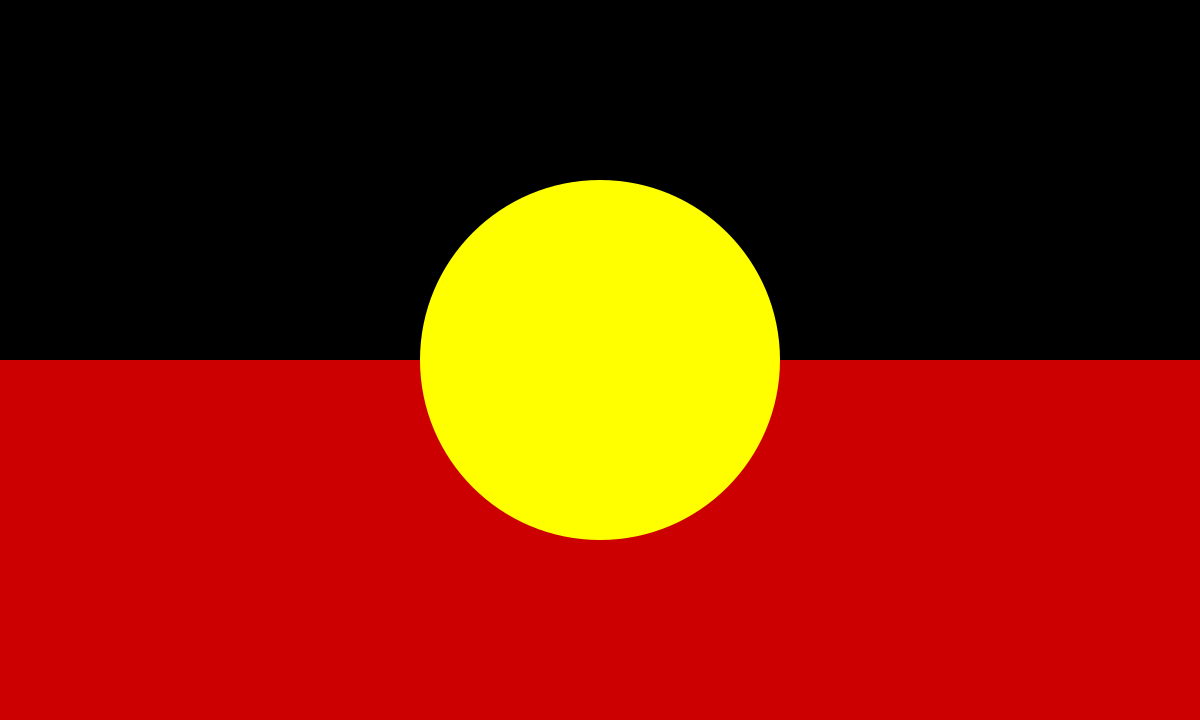In early May WAIS and the Confucius Institute collaborated to host a seminar designed to educate athletes and families about some of the cultural differences they may face when travelling to Beijing later this year.
The workshop seminar lasted three hours and covered issues such as culture and language, Chinese customs and dining etiquette to name just a few.
The major benefactors of the seminar were the families who unlike their athlete siblings will not be housed in the Westernized and familiar settings of an athlete village, but will be faced with cultural barriers that an expansive metropolis such as Beijing can present.
WAIS Athlete Career and Education Counsellor, Jenny Marsh explained the significance of the workshop and the details involved.
“Originally the Institute contacted WAIS to see if there was any sort of partnership opportunities or collaborations available. The idea of a seminar was offered on Chinese culture and language which we all thought might be helpful, especially in an Olympic year,” said Marsh.
“The workshop was structured in two sections, the first was focused on language and practicing some basic Mandarin as well as some of the cultural barriers and issues like avoiding saying no, which can be disrespectful in Chinese culture.
“For example, if somebody invites you somewhere, rather than to say no outright, it is better to say thank you, to acknowledge the invitation and suggest that you will need to check your availability, what we would call excuses,” said Marsh.
The workshop also provided some practical demonstrations designed to help attendees with everyday situations whilst in China.
“It was quite a dynamic presentation, the language instructor was very animated and got everyone repeating words and phrases right from the get go,” said Marsh.
“There was a demonstration on how to use chopsticks properly, with everyone using their chopsticks on the table, attempting to pick up the little bits of food and lollies.
“They also discussed business card etiquette and how you would pass a business card.
So how is the correct way to pass a business card you might well ask?
“The correct way is a two handed approach, you receive with two hands and spend time reading the card, and not just putting it straight in your pocket, it is all very respectful,” said Marsh.
The feedback from participants was extremely positive with the common belief being that the seminar was well constructed and delivered with participants stating that the information would be useful when travelling.
“People were able to ask relevant questions with some being, do we have to tip? Or when do we barter? I think that was good in itself that they were able to ask those sorts of questions and get the appropriate response,” said Marsh.
Whilst the Confucius Institute normally educates for people in business dealings with China, it was a great show of versatility with several members of the Australian rowing team also getting specialized information from the Institute.
“A group of about four or six of the rowers will be having a follow up session with them, providing more tailored information for them as athletes in Beijing,” said Marsh.
The Confucius Institute is run through the University of Western Australia and is a non-profit organisation dedicated to the promotion and development of Chinese language, culture and business. For more information on the Confucius Institute visit http://www.confuciusinstitute.uwa.edu.au/

